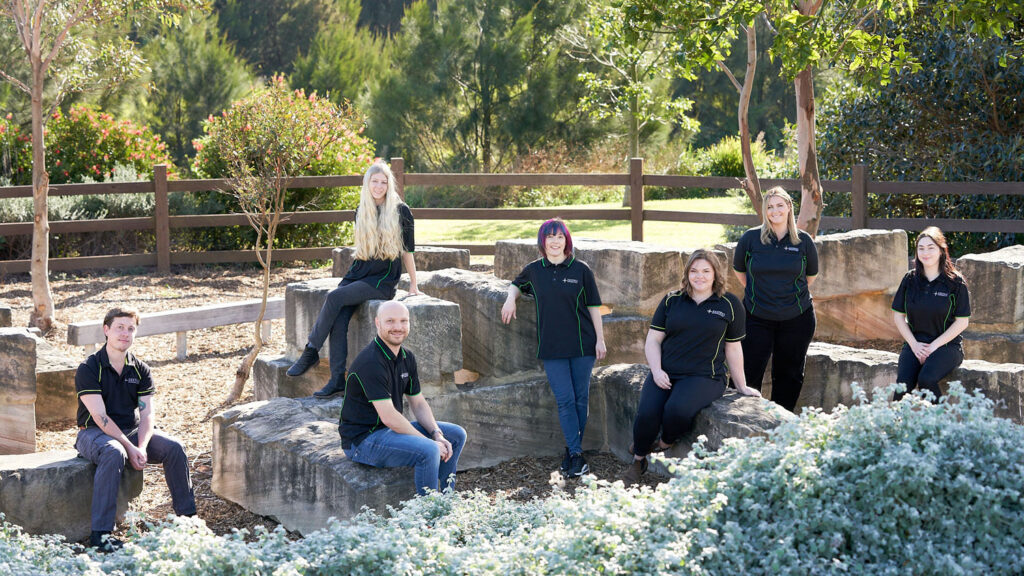Historical archaeology is a fascinating field that delves into the material stories of our past, from settlement patterns and remnants of daily life to the echoes of sociology-economic changes. At the heart of this discipline lie the expert services and assessments that make the understanding of historical periods possible. Among the companies providing these invaluable services in Australia, Austral Archaeology – Heritage Consultant stands out for its meticulous approach and dedication to preserving historical integrity.
The Role of Historical Archaeology
Historical archaeology plays a critical role in our understanding of human history. It combines elements of anthropology, history, and archaeology to paint a comprehensive picture of past societies and their environments. By examining artefacts, architecture, and cultural landscapes, archaeologists can reconstruct the life ways of previous generations, offering insights into human behaviour and historical events that have shaped our world.
Services Provided by Historical Archaeologists
The services offered by historical archaeologists are varied and complex, including:
- Site Excavation: The careful digging and recording of archaeological sites to uncover artefacts and structures.
- Material Analysis: Examining materials found on sites to deduce their origin, age, and usage.
- Cultural Resource Management (CRM): Ensuring that heritage sites are preserved in compliance with legislation, often in advance of construction projects.
- Public Archaeology: Engaging with the community through educational programs and opportunities for public participation in archaeological projects.
- Historic Landscape Analysis: Assessing the evolution of landscapes and how they have been altered by human activity.
Challenges in Historical Archaeology
Despite its importance, the field of historical archaeology faces several challenges:
- Funding Shortages: Archaeological projects often require significant funding, which can be hard to secure.
- Development Pressures: Rapid urban development can threaten archaeological sites, sometimes leading to their destruction before they can be fully studied.
- Environmental Threats: Natural phenomena like erosion and climate change can also pose risks to delicate archaeological sites.
Technological Advancements in Archaeology
Advancements in technology have revolutionised historical archaeology. Techniques such as ground-penetrating radar, digital mapping, and 3D imaging allow archaeologists to explore sites non-invasive and with greater accuracy. Data analytics and AI are starting to play a role in how artefacts are catalogued and analysed, making the process more efficient and expansive.
Austral Archaeology – Heritage Consultant: A Closer Look
Austral Archaeology – Heritage Consultant is renowned for its expertise in historical archaeology. With a team of dedicated professionals, the company offers comprehensive archaeological services from preliminary site assessments to detailed excavation and artefact analysis. Their commitment to ethical standards and their use of cutting-edge technology make them a leader in the field, ensuring that Australia’s archaeological heritage is expertly preserved and studied.
visit us: https://australarch.com.au/historical-archaeology-services/
Educational and Community Engagement
A critical component of historical archaeology is education and community engagement. By involving local communities and schools, archaeologists can foster a sense of stewardship and pride in regional heritage. Educational programs often include workshops, lectures, and hands-on field opportunities, allowing the public to experience archaeology firsthand. This engagement not only educates but also democratises the process of historical preservation, making it a shared community endeavour.
Preservation and Conservation
Once artefacts and sites are excavated, the next crucial step is preservation and conservation. This involves detailed processes to ensure that artefacts, structures, and other cultural materials are preserved for future study and public display. Techniques vary from simple cleaning and cataloguing to more complex chemical treatments that stabilise materials for long-term conservation. Effective preservation strategies prevent the degradation of materials, thereby extending their life and usefulness for educational and research purposes.
Regulatory Compliance and Ethical Considerations
Historical archaeology operates within a framework of legal and ethical guidelines that protect cultural resources. Archaeologists must navigate a complex array of regulations and permits, often working closely with local governments to ensure compliance with heritage laws. Ethical considerations also play a significant role, particularly in dealing with Indigenous and historically marginalised communities whose heritage is frequently studied in archaeological projects. Maintaining respect and transparency with these communities is paramount.
The Impact of Historical Archaeology on Tourism
Heritage tourism is a significant economic driver in many regions, and historical archaeology contributes substantially to this sector. By uncovering and interpreting sites, archaeologists create attractions that can draw visitors, enhancing local economies. Moreover, well-preserved historical sites and museums play a crucial role in cultural tourism, offering visitors immersive experiences and a deeper understanding of the region’s history.
The Future of Historical Archaeology
As we look to the future, the field of historical archaeology is poised to become even more relevant. With increasing global interest in cultural heritage, coupled with advances in technology, the scope of archaeological research and its impact on conservation and education will likely expand. Moreover, as global awareness of the importance of preserving cultural heritage increases, so too will the support for archaeological endeavours.
Conclusion
The work of historical archaeologists is essential for preserving the physical manifestations of human history and provides a tangible connection to the past. With the support of experts like those at Austral Archaeology – Heritage Consultant, historical sites can continue to inform and educate, while also contributing to cultural preservation and tourism. Understanding and preserving our shared heritage is not just about looking back—it’s about carrying those lessons into the future.


